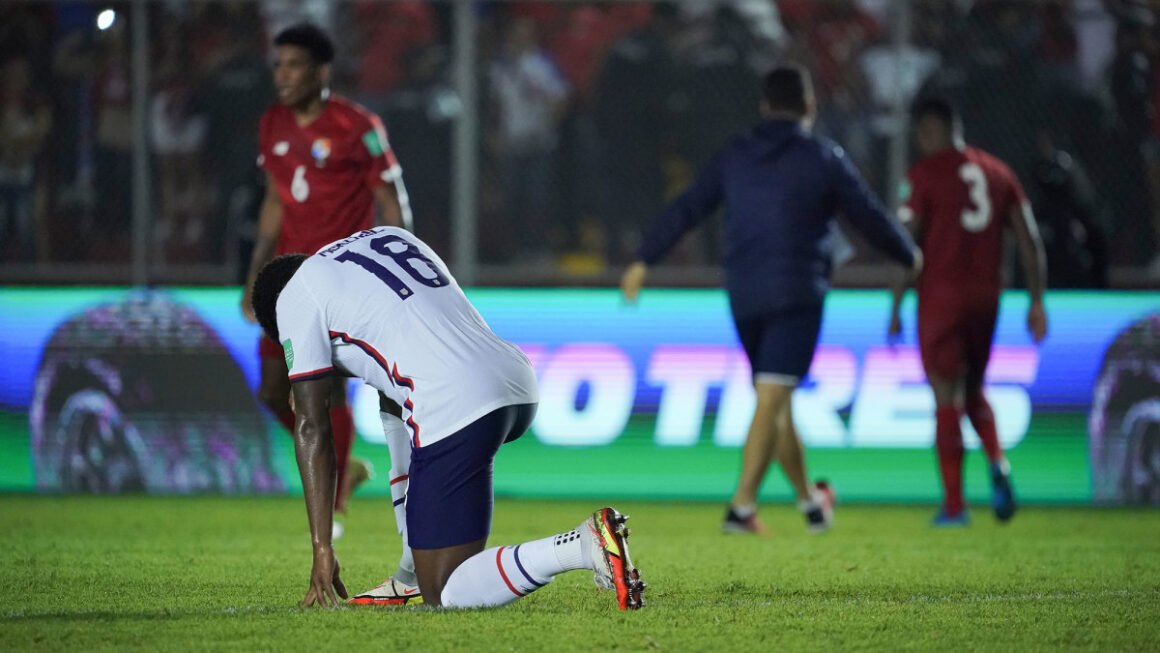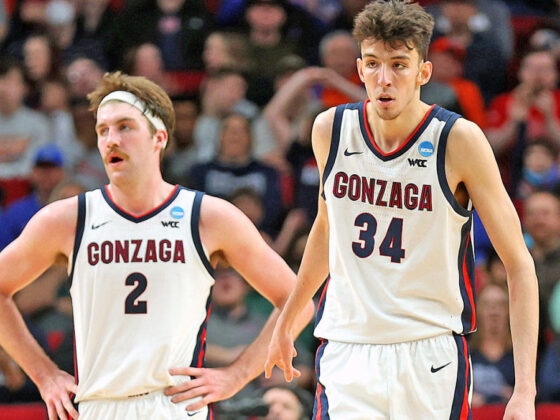The US Men’s National Team has made a habit of early-season struggles, and they were no different in their opening match of the Gold Cup. Now the team must learn from this loss to Panama if they want to avoid another slow start.
The american soccer is a major topic in the world of soccer. After an embarrassing loss to Panama, it’s time for the USMNT to learn from their mistakes and get back on track.
PANAMA CITY (PANAMA NEWS SERVICE) — A team may make the same error a number of times before being penalized. That was the case for the US men’s national team in their 1-0 World Cup qualifying loss to Panama on Sunday.
The United States had won three of their first four games. Even though it earned eight points from those games, there were some red flags. One of them had a slow start. Another issue was a lack of execution in midfield at times. There was also a perceived lack of energy, which was noted by many players. It’s a lesson that the United States should have learned by now after five qualifiers, three of which were on the road. It’s one that it’s still learning.
– LaLiga, Bundesliga, MLS, FA Cup, and more on ESPN+ (U.S.) – Watch ESPN FC every day on ESPN+ (U.S. only) – Don’t have access to ESPN? Get immediate access
“We’re experts in our field. We expected a certain quality of play tonight, but we didn’t get it “Matt Turner, a goalie for the United States, stated as much. “I believe it all comes down to intensity, not ball quality or anything.”
All of this left the US exposed against a Panama squad that has proven difficult to break down so far in the qualifying campaign. And the Canaleros finally got through, thanks to a set-piece goal awarded to Anibal Godoy but which seemed to have been deflected off American striker Gyasi Zardes.
“It was obvious we didn’t have our best stuff,” said Gregg Berhalter, the United States manager. “It was hoped that we would leave with a point. And, you know, I’m upset that we let up a goal like that and lost the game. You know it’ll be a classic CONCACAF match — rough and intense. I believe we fell short in a lot of areas, so now it’s all about recovering and concentrating on Wednesday’s game in Columbus.”
Berhalter learned a thing or two as well. Granted, the World Cup qualifying campaign’s triple-fixture periods necessitate a certain degree of team movement. Berhalter, on the other hand, made almost complete lineup changes on this night, keeping just three field players from the starting group that entered the field three days earlier against Jamaica. Some of the alterations were forced, as Weston McKennie and Antonee Robinson were both forced to stay at home due to quad injuries and quarantine restrictions in the United Kingdom, respectively.
Others were a little more difficult to comprehend. Ricardo Pepi was replaced by Zardes, who scored three goals in his first two international games. As were expected stalwarts Tyler Adams and Brenden Aaronson, with Acosta replacing Adams’ midfield position and Timothy Weah filling Aaronson’s. Miles Robinson was replaced by Mark McKenzie, who was in fine form.
Some of the changes succeeded, but execution was just as important as people. Alongside Walker Zimmerman, McKenzie remained solid. Berhalter’s midfield three of Acosta, Yunus Musah, and Sebastian Lletget (who looked hesitant to go forward) was utterly unproductive, losing possession early and only regaining it intermittently in the second half with the insertion of Adams and Aaronson after halfway.
The issue was, did Berhalter overdo it before and after the first whistle? Adams’ recent comeback to the lineup for club side RB Leipzig was one of the reasons he didn’t start, according to him. There was the journey and the humid weather to contend with.
“It certainly doesn’t seem to be the greatest option right now,” he added of the lineup alterations. “However, I believe we will have to wait until Thursday [to play Costa Rica]. Since it would have been impossible to play the same players from the previous game because two of them were not even there. But, if we had used the same lineup in… this game, I’m not sure we would have been in the greatest position to win on Wednesday. Again, the weather and the circumstances that we’re dealing with here make things difficult. And we had to make a choice that was, I suppose, a little risky.”
It didn’t work out. Berhalter said that one of his goals was to bring more movement and fresh legs into the squad, but that energy never materialized. Only 45.2 percent of the duels were won by the United States. The United States also failed to execute fundamental ball skills, particularly in midfield. It was almost as though the midfield didn’t realize the game would be much more of a brawl than the relative ease against Jamaica three days before. Musah has a habit of dribbling himself into trouble. Acosta had a couple of bad touches that led to turnovers. Both kinds of mistakes prompted Panama counterattacks, which were successful in enlisting the support of the audience.
“When we did get into such [attacking] situations, the quality wasn’t good enough in the last pass,” Berhalter remarked. “Today, I believe our players’ ability to turn and play forward was missing. And, once again, we fell short of our own high expectations.”
There was also the problem of the press in the United States. In the first half, it was totally out of rhythm, enabling Panama to simply play out of its own half.
“It was definitely a little bit of a lack of enthusiasm and competitiveness in the first half,” Adams remarked.
Berhalter continued: “We lacked that pop, and we lacked the legs we need. We paid the price for it.”

Berhalter further explained his comments, stating that his aim was not to play for a tie, but rather to observe “how the game was going.”
“We made some changes in the hopes of gaining some traction,” he said. “But, as the game progresses, you think to yourself, ‘OK, we’ll be OK if we get out of here at this point,’ and sadly, we didn’t. To be clear, the intention going into the game was not to score a point. We were determined to win the game. We put in a lineup that we felt could win the game, and we simply didn’t accomplish it.”
There is going to be a drop-off when a squad is without Christian Pulisic, Giovanni Reyna, and — at least on this night — McKennie. When the United States travels on the road, though, Berhalter is seeing exactly how significant that gap in performance can be for certain players. He mentioned the team’s young, but the United States is quickly approaching the stage when it is no longer an excuse. Berhalter has the squad he has, and he has to make sure that the midfield he deploys is capable of performing under pressure.
With Adams and McKennie expected to return to the starting lineup, the US should have more weight in the center spots. This will have a knock-on impact elsewhere on the field, freeing up resources for the US offensive. It’ll need all of it against a Costa Rican team with plenty of experience on Wednesday.
With this loss, the United States is once again under siege. To alleviate the situation, a win on Wednesday is required.


